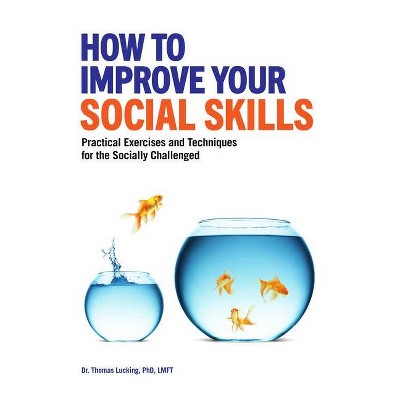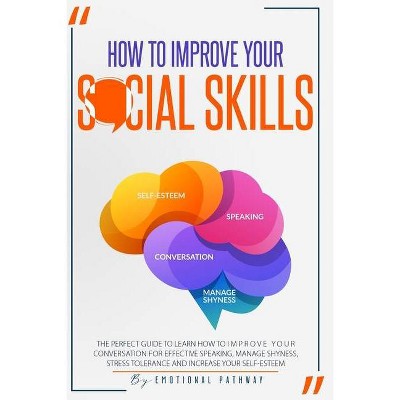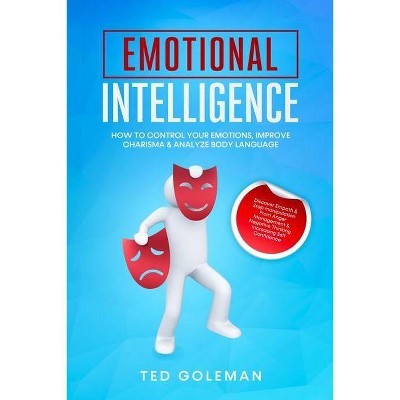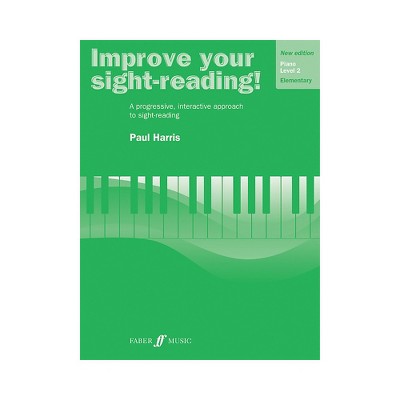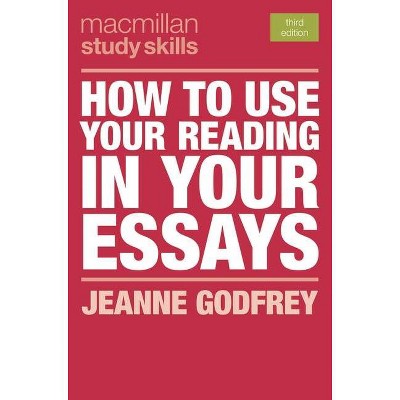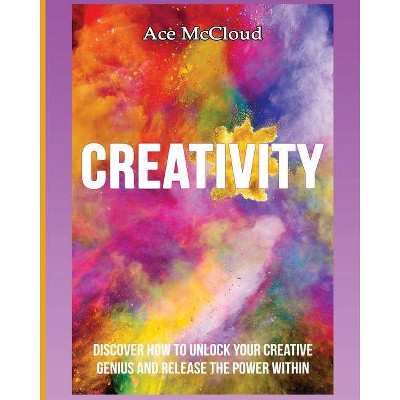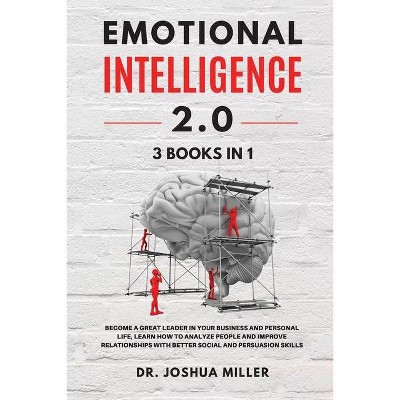How to Analyze and Improve Your Child's Reading Skills - by Liz Cooper (Paperback)
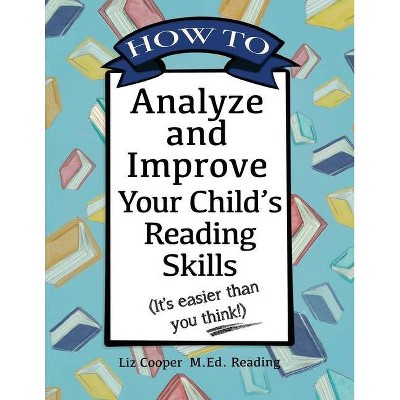
Similar Products
Products of same category from the store
AllProduct info
<p/><br></br><p><b> Book Synopsis </b></p></br></br><p>How to Analyze and Improve Your Child's Reading Skills (It's easier than you think!)</p><p><br></p><p><strong><em>How well does my child read? </em></strong></p><p><strong><em>Am I doing everything I can to help my child improve?</em></strong></p><p> Parents often ask these questions but don't know where to go to find out the answers. Liz Cooper's innovative book is for anyone who would like to analyze their children's reading strengths and weaknesses, work on targeted skills, and have fun doing lt. Reading is a totally integrated process, but Liz breaks the information into easy to understand segments, shows parents how to test their children, and explain what to do with the results. </p><p> This book highlights research-based, widely accepted instructional practices, but without the educational jargon. Full size reproducible testing passages, graphs, charts, scripts, and motivational tools, are included. Liz's conversational writing style is easy to read and understand! Talented illustrator Maria Santucci adds to the fun by adding heartfelt sketches of parents and kids that we can all relate to. Targets grades 2-5, but reading information is appropriate for all ages. After using this resource, parents should feel more confident when talking to their child's educational team at school, by understanding key reading concepts and where their child fits in. </p><p> Parents of struggling readers are often overwhelmed. There are lots of books out there that focus on phonics, but phonics is only one part of the "reading puzzle." The information in this book allows parents to examine other areas of reading as well as the "phonics piece." Following step by step directions, parents can determine if a lack of phonics skills is the only problem, or if other critical areas of reading need attention. The fixes are often very simple, <em>if you know what the problem is. </em>Analyzing the reading errors is key. After doing this once or twice, parents will be empowered listen to their child read from an entirely different perspective. </p><p> This book is also a valuable resource for parents of confident readers. Are there areas that could take their children to the next level by implementing some advanced vocabulary reading selections and regular conversations that encourage critical thinking? What about the comprehension regarding non-fiction and fiction? These, as well as other concepts are covered. </p><p> Liz also includes suggestions for creating a "doable schedule" for reading. We are all busy, and her suggested plan allows 15-20 minutes daily., because the time spent is targeted to the exact needs of the reader. She also discusses motivation and rewards, as reluctant readers often need a little extra incentive to read, especially if they find reading difficult. Creating a culture of reading is helpful, and taking the parent quiz will allow parents to score their household "culture of reading." </p><p> By reading the parent scripts, parents will learn how to respond to reading issues when reading together. They will learn what to say and even more importantly, what <em>not to say. </em>Liz believes that parents, grandparents, and other caring adults could help their children's reading skills, if they only knew a few "tricks of the trade." How to Analyze and Improve Your Child's Reading Skills, contains more than just a few!</p><p><strong>8"X11" 23 Chapters 132 pages </strong></p><p><br></p><p><br></p>
Price History
Price Archive shows prices from various stores, lets you see history and find the cheapest. There is no actual sale on the website. For all support, inquiry and suggestion messages communication@pricearchive.us

